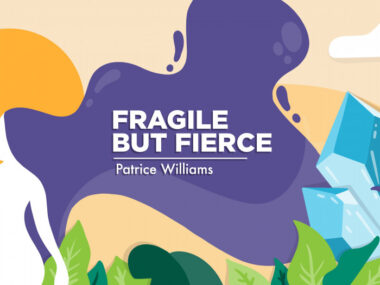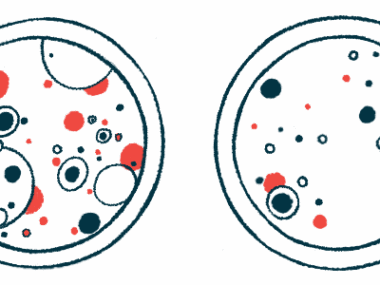Imagining the horror of Hurricane Helene for those with medical needs
The devastation is almost unimaginable, and desperate people need help
Written by |

Over the past two weeks, my heart has been incredibly heavy, my eyes full of tears, and my soul full of sorrow as I witnessed the suffering of friends and co-workers in Western North Carolina. The destruction caused by Hurricane Helene is catastrophic.
If you’ve never been to the North Carolina mountains, it’s impossible to understand what the terrain is like for rescue workers, or the remoteness of the area, especially with roads and bridges gone. People are desperate and need help.
As of last Sunday, more than 140,000 people remained without power in North Carolina alone, and thousands still had no water. For many of those who do have running water, it’s not potable. Supplies are coming in from all over the country, but the most remote, sick, or feeble can’t make it to a distribution center to get them. Volunteers and government agencies alike are working constantly to hike supplies (some with mule teams) up to folks, if they can find them. Helicopters are covering the western North Carolina skies.
It is unimaginable.
And yet I’m trying to imagine. The organization I work for has three locations. I’m in Winston-Salem, and the other two are in Henderson and Avery counties — both of which were hit hard. I’ve heard firsthand accounts of the death, destruction, and physical and mental toll it’s taking on them. And they are the lucky ones, because they’re safe.
The suffering is hard to process
In recent days, now that bottled water and other essentials have been covered, people are calling for insulin, oxygen tanks, EpiPens, and medications of all kinds. And that really got me thinking. What if it were our family trapped with no way to get what we needed for our son Jonah, who has epidermolysis bullosa (EB)? What if we had no water for wound care and were surrounded by such unsanitary and dangerous conditions that a skin infection wasn’t just possible, but likely? What if our home had been flooded and all of Jonah’s bandages, ointments, and medications were destroyed? What if a bridge were washed out and our only way to get to help was to hike and climb and cross fast-moving water? These are all things Jonah would not be able to do.
They may not be battling EB, but there are people stuck in these North Carolina mountains who are too elderly or medically compromised to find help. There is no option to hike or cross rivers to survive. And they are running out of the little they did have.
It’s hard for me to know what the focus of this column is or should be. I’m just sad. I keep imagining the “what ifs,” knowing that for so many people, it’s the “what is.” Beyond giving money and donating supplies and loving my suffering friends, I feel powerless to help. For a medical momma, that feeling is so, so difficult to deal with. If you know one thing about the medical mommas of the world, we fix things. We anticipate problems, go into action, and we fix things.
I can’t fix this. I can’t fix anything for the ill and the suffering. I can’t make it better for all the Jonahs out there who need help.
I’m so incredibly grateful for those who are able to help: the linemen, tree crews, helicopter pilots, search-and-rescue teams, members of the National Guard, faith communities, and thousands of on-the-ground volunteers who are working to save the elderly and medically vulnerable who are trapped. I’m so thankful.
And so, so sad.
Note: Epidermolysis Bullosa News is strictly a news and information website about the disease. It does not provide medical advice, diagnosis, or treatment. This content is not intended to be a substitute for professional medical advice, diagnosis, or treatment. Always seek the advice of your physician or other qualified health provider with any questions you may have regarding a medical condition. Never disregard professional medical advice or delay in seeking it because of something you have read on this website. The opinions expressed in this column are not those of Epidermolysis Bullosa News or its parent company, Bionews, and are intended to spark discussion about issues pertaining to epidermolysis bullosa.







Leave a comment
Fill in the required fields to post. Your email address will not be published.